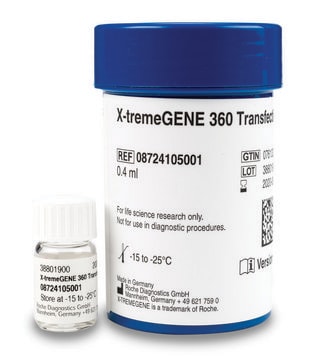LC-2/ad
NOTE: Both the cell line and DNA from the cell line may be available for this product. Please choose -1VL or VIAL for cells, or -DNA-5UG for DNA, 94072247, human lung, Epithelial
Synonym(s):
LC-2/ad Cells
About This Item
Recommended Products
biological source
human lung
packaging
tube of 5 μg 94072247-DNA-5UG
pkg of vial of cells 94072247-1VL
growth mode
Adherent
karyotype
Modal No 53-56
morphology
Epithelial
products
alpha-1-anti-trypsin
receptors
Not specified
technique(s)
cell culture | mammalian: suitable
relevant disease(s)
cancer
shipped in
dry ice
storage temp.
−196°C
Cell Line Origin
Cell Line Description
Application
Culture Medium
Subculture Routine
Other Notes
Choose from one of the most recent versions:
Certificates of Analysis (COA)
It looks like we've run into a problem, but you can still download Certificates of Analysis from our Documents section.
If you need assistance, please contact Customer Support.
Already Own This Product?
Find documentation for the products that you have recently purchased in the Document Library.
Articles
DNA, RNA, cDNA derived from ECACC mammalian cell lines allow screening for genes or expression patterns to identify lines most suitable for specific research.
Our team of scientists has experience in all areas of research including Life Science, Material Science, Chemical Synthesis, Chromatography, Analytical and many others.
Contact Technical Service


